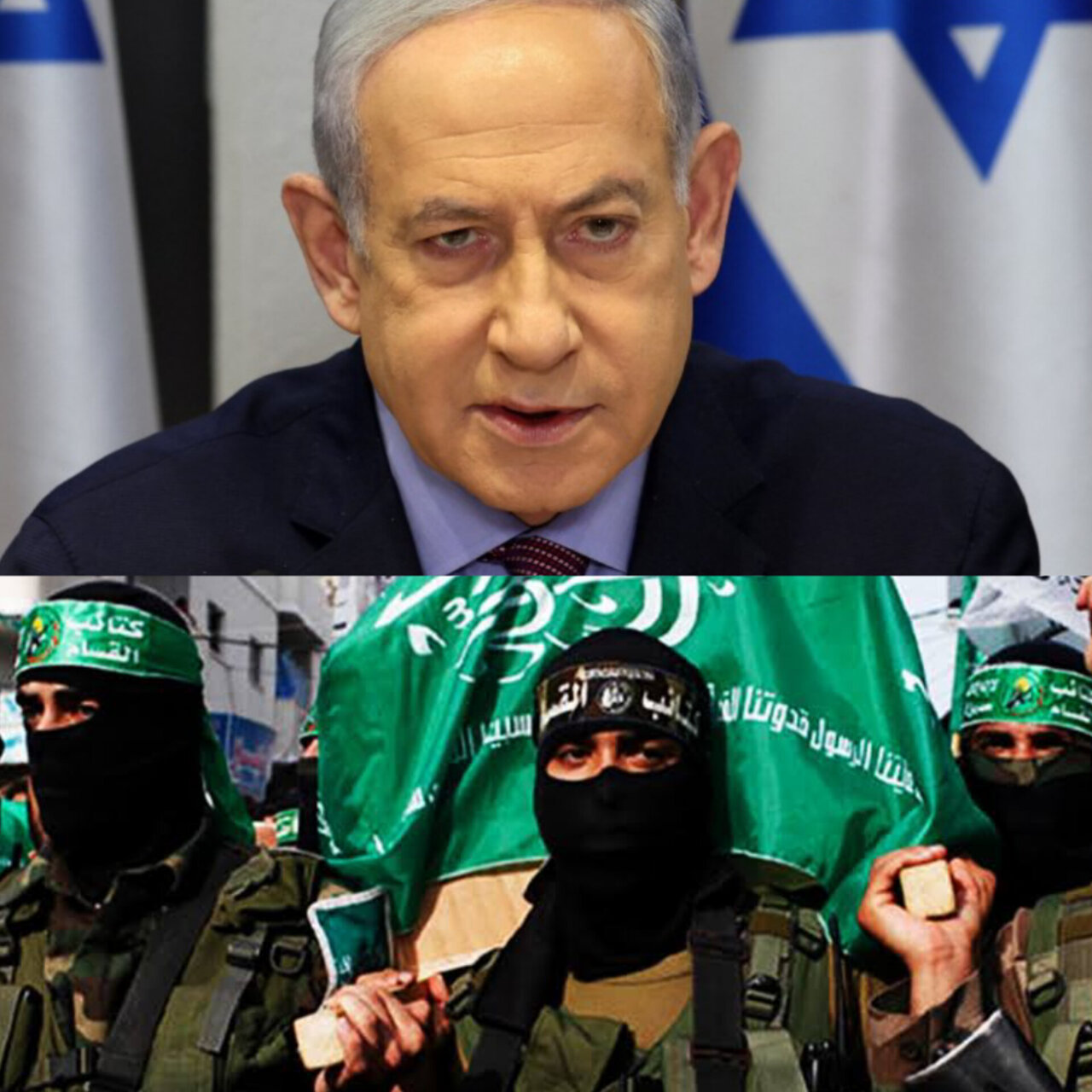
Similar Posts
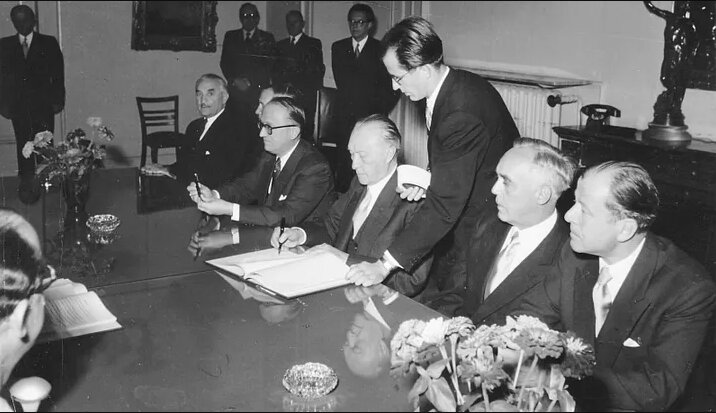
Luxembourg Agreement: Debating Justice vs. Blood Money in a Controversial Settlement
Israel’s relationship with Germany, shaped by the Holocaust’s aftermath, evolved from enmity to pragmatic engagement. The Luxembourg Agreement of 1952 marked a significant turning point, as West Germany committed to paying reparations to Israel, acknowledging its responsibility for the Holocaust. Israeli leaders, despite public dissent over accepting “blood money,” recognized the financial support as crucial for Israel’s development. The agreement facilitated Israel’s economic growth and helped rehabilitate Germany’s post-war image, fostering cooperation in trade and security. While the relationship has advanced, the historical context of the Holocaust continues to influence interactions between the two nations.

Poll Reveals 60% of Zionist Settlers Fear Imminent Civil War: A Growing Concern
The “Israeli Society Index” by the Jewish People Policy Institute reveals that many Israelis resonate with former Supreme Court President Aharon Barak’s warning of a potential civil war. Among respondents, 27% fully support his claim, while 33% agree but feel he exaggerated. Meanwhile, 21% believe he greatly exaggerated, and 16% see no risk. Additionally, the Leket Israel Association reports that 1.5 million Israelis face food insecurity, with 2.6 million tons of food wasted in 2023, valued at approximately $7 billion. These findings underscore urgent societal concerns as Israel approaches Passover, traditionally associated with unity and reflection.
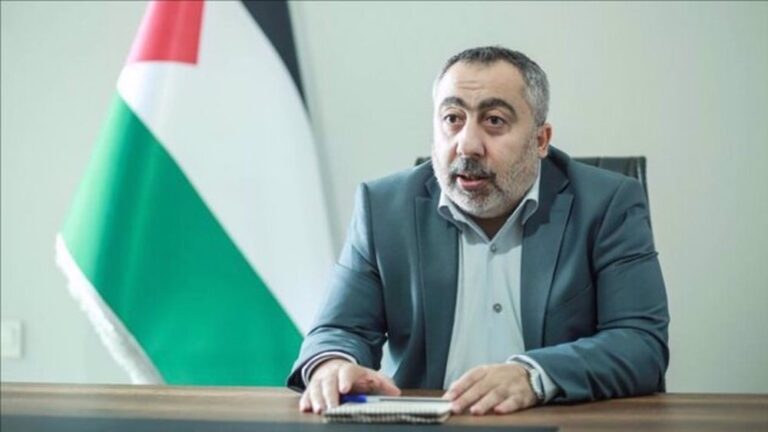
Hamas Demands Israel Adhere to Ceasefire Agreement: Urgent Call for Peace
The Gaza conflict has escalated as Hamas insists on adhering to an existing truce rather than negotiating new agreements. Hamas official Taher al-Nunu stated that the group is not closing the door on negotiations but demands that Israel comply with the current ceasefire, which was brokered by Qatar, the U.S., and Egypt and initiated in January. Meanwhile, Israel has refused to engage in the second phase of negotiations, leading to increased violence, including recent airstrikes that killed over 400 people. The humanitarian crisis is worsening, prompting calls for urgent international intervention to halt the violence and resume peace efforts.
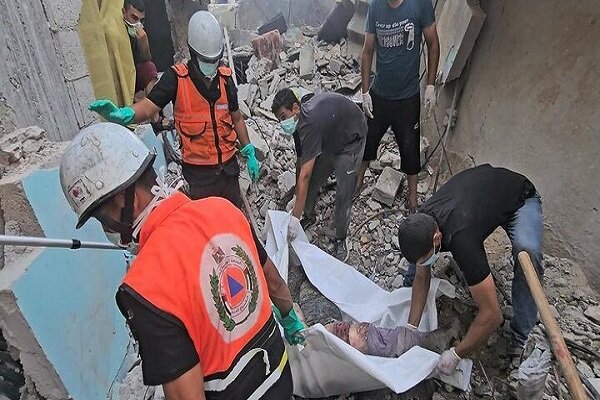
Tragic Loss of Lives: Israeli Forces Strike Shujayea District in Gaza, Dozens Killed
A significant Israeli bombing in the Shujayea district of northern Gaza City has resulted in at least 80 Palestinians reported missing and a death toll of 22, with over 50 individuals hospitalized. The attack targeted a residential block, leading to extensive destruction and a desperate search for survivors among the rubble. Many victims were already displaced persons seeking safety in the area. Ongoing airstrikes complicate rescue efforts, leaving families without basic necessities. The situation raises serious humanitarian concerns, prompting calls for international intervention and accountability while emphasizing the urgent need for diplomatic efforts to achieve peace in the region.
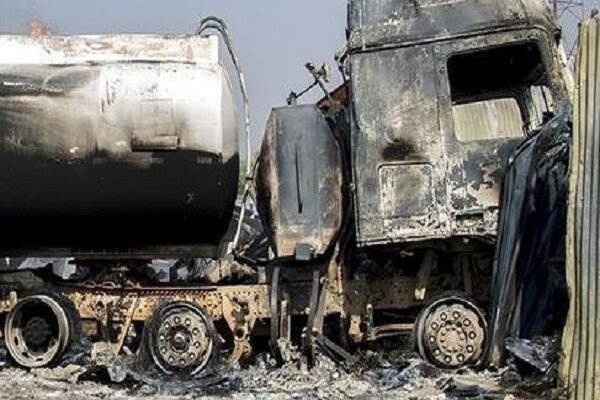
Massive Fuel Tanker Explosion Rocks Northeastern Nigeria: Eyewitness Accounts and Aftermath
A recent fire incident in Yola, Adamawa, has raised serious safety concerns in Nigeria, claiming multiple lives despite official reports suggesting otherwise. Local and federal fire services responded to contain the blaze, which blocked access to the city. This event marks the fourth explosion in Nigeria this year, highlighting ongoing issues with fuel safety. Previous incidents included a petrol tanker explosion that killed 11 people and a tragic explosion in Niger State that claimed 98 lives. Authorities are urged to enhance fire safety regulations, increase public awareness, conduct regular inspections, and develop emergency response plans to prevent future tragedies.
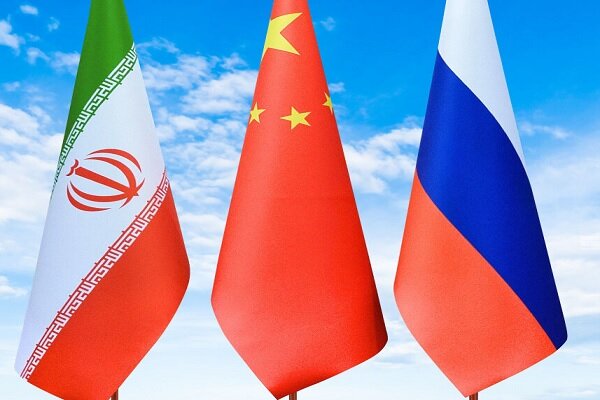
High-Stakes Trilateral Talks Kick Off in Moscow to Address Iran’s Nuclear Program
Expert delegations from Iran, Russia, and China have begun closed-door negotiations in Moscow regarding Iran’s nuclear program, as reported by Iranian state media. Russian Foreign Ministry spokeswoman Maria Zakharova emphasized the discussions aim to address pressing issues related to Iran’s nuclear ambitions. This meeting highlights the strategic partnership among the three nations amid geopolitical tensions and U.S. sanctions. The objectives include enhancing transparency, strengthening alliances, and addressing global concerns over nuclear proliferation. The outcomes could reshape international relations and promote stability, with the global community closely monitoring the developments for potential implications on nuclear diplomacy.